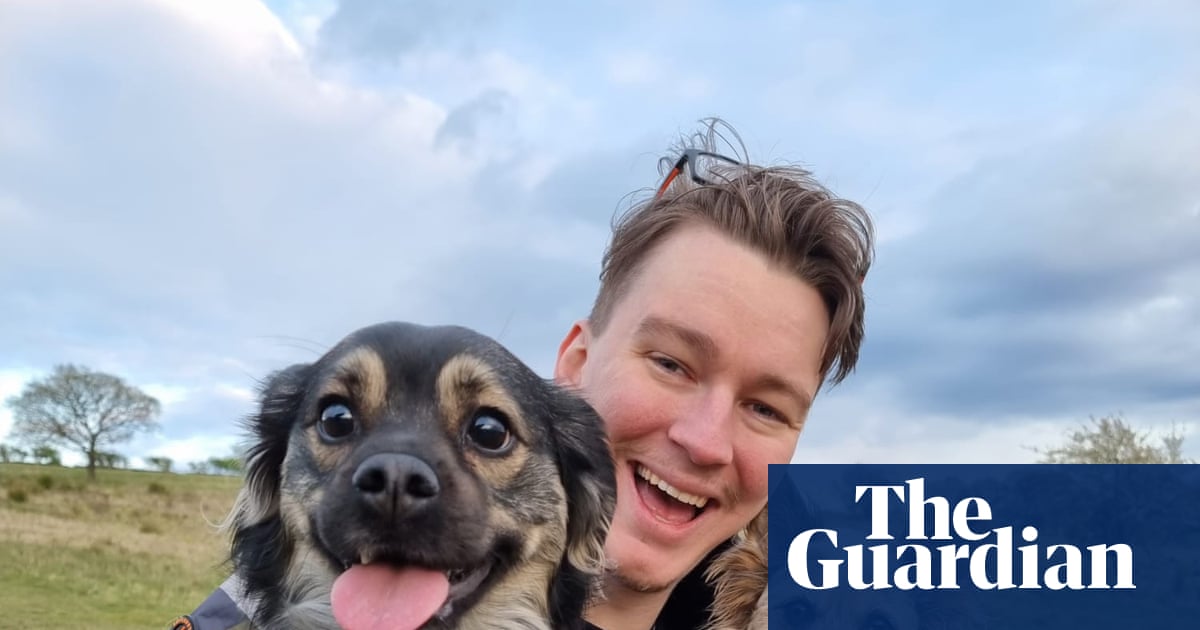
"I didn't really go out and see people. I just stayed at home and slept a lot. My partner would wake me up and try to stop me from doing it, but I could easily sleep 18 hours in a day. I just retreated into myself basically. For the data analyst from Dunstable, Bedfordshire, even tasks such as brushing his teeth or taking a shower became difficult. I would have no energy or I'd think: What's the point?'"
"Waite tried a range of treatments, including antidepressants and talking therapies. But nothing soothed his symptoms. At best I felt neutral. I could function but wasn't really living, just getting through the days. It was difficult to recognise if I was better because I never felt truly happy. Then his mother came across a clinical trial called PAX-D on Facebook. As a therapist, she would receive a lot of information about mental health studies and thought the trial could help her son."
Millions of young people risk missing out on new treatments and using medicines that are unsafe, ineffective or inappropriate because few take part in medical research. Gulliver Waite was diagnosed with clinical depression at 19 and experienced extremely low mood, anxiety, frequent panic attacks and occasional paranoia. He struggled to perform daily tasks, often sleeping up to 18 hours and withdrawing socially. Waite tried antidepressants and talking therapies but only reached a neutral state. His mother found a clinical trial called PAX-D on Facebook. The NIHR-funded study was testing whether a drug commonly used for Parkinson's disease could help treat depression.
Read at www.theguardian.com
Unable to calculate read time
Collection
[
|
...
]